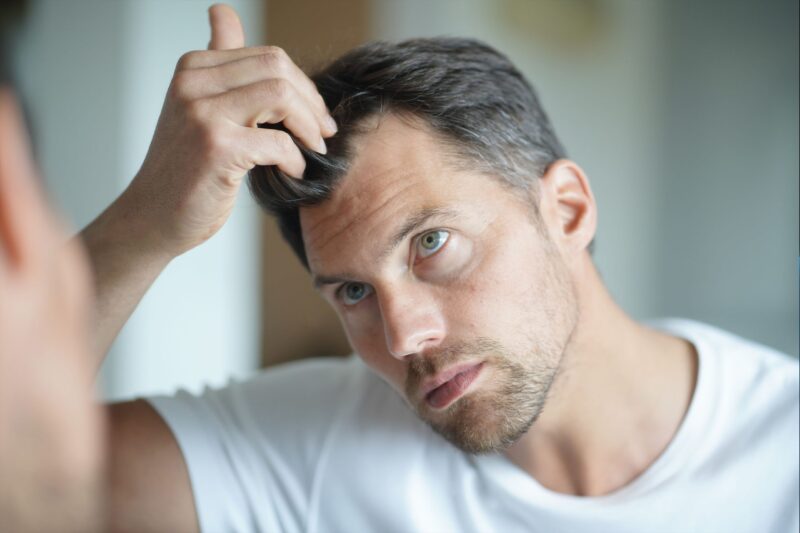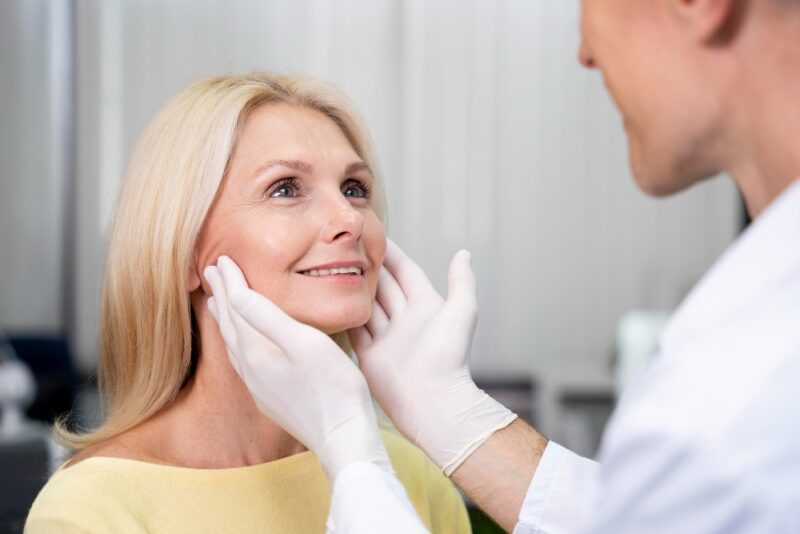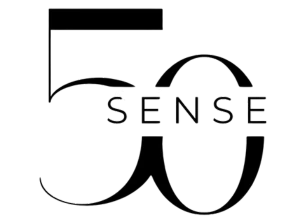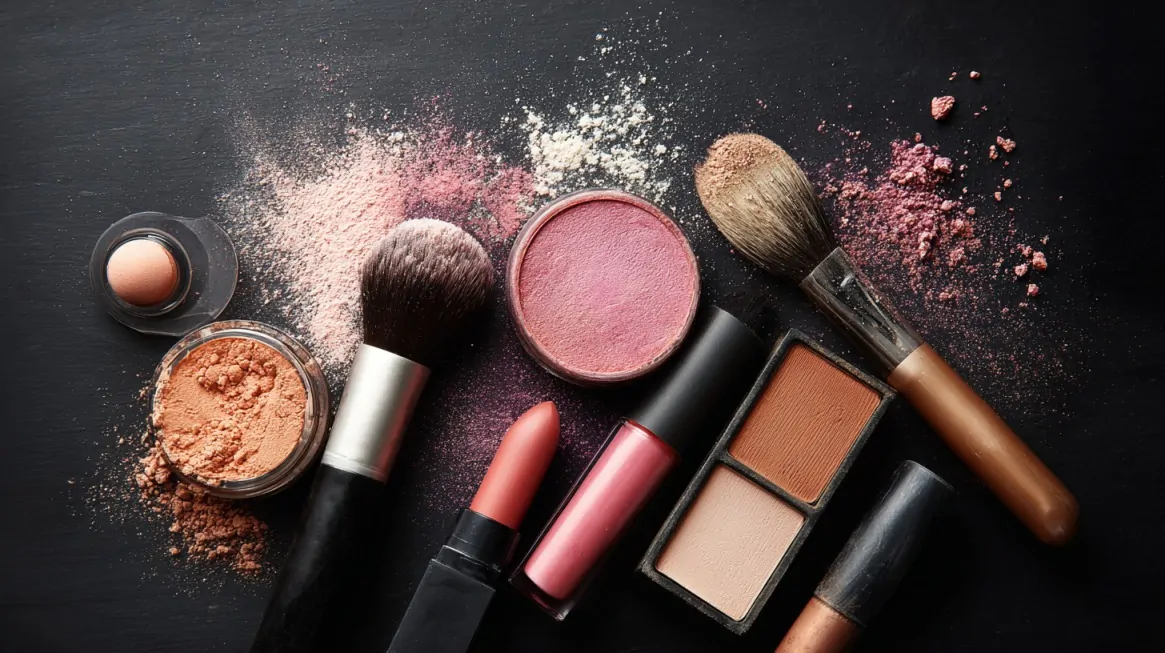
Share Post:
Midlife marks a transition in health and appearance that goes beyond birthdays.
Hormonal shifts affect almost every aspect of the body, from metabolism and bone strength to skin texture, hair growth, and daily energy levels.
These changes are natural, but they often leave people searching for safe ways to maintain confidence and vitality.
Understanding the biological shifts that occur after midlife provides the foundation for making choices that support both appearance and well-being.
Advanced treatments now complement lifestyle strategies in managing the visible impact of hormones.
Many people turn to options like Laser Skin Tightening West Midlands to counter sagging skin that accompanies declining collagen levels.
By stimulating repair and encouraging elasticity, such treatments help restore firmness while individuals focus on broader health strategies.
Midlife care therefore blends medical insights, skincare, and energy management into one comprehensive approach.
Table of Contents
ToggleHormonal Changes After Midlife: An Overview

Hormones act as chemical messengers that influence every system in the body. After midlife, estrogen, progesterone, and testosterone decline significantly. Thyroid function often slows, and cortisol regulation becomes less efficient.
Together, these shifts alter how the body processes nutrients, renews tissue, and stores energy.
The most visible effects often appear in skin and hair, but deeper changes influence stamina, sleep quality, and overall vitality. For women, menopause represents the most pronounced hormonal transition.
For men, andropause brings gradual but noticeable declines in testosterone. Both experiences reshape how the body looks and feels.
Skin and Hormones: A Delicate Balance
Collagen Decline
Collagen production drops sharply after midlife, leading to thinner, less elastic skin.
Wrinkles deepen and sagging becomes more pronounced. Treatments that stimulate collagen, such as microneedling, HIFU, and laser therapies, provide effective support.
Dryness and Sensitivity
Estrogen influences oil production. Reduced estrogen leads to dryness, irritation, and slower healing. Hydration-focused skincare with ceramides and hyaluronic acid becomes essential.
Pigmentation Shifts
Hormonal changes also trigger melanin irregularities, causing age spots or uneven tone. Sunscreen remains critical, alongside antioxidant serums that protect against further oxidative stress.
Hair Changes Linked to Hormones

Hair follicles respond strongly to hormonal fluctuations.
- Thinning: Reduced estrogen and testosterone imbalance contribute to finer hair in women and male-pattern thinning in men.
- Texture shifts: Hair may become drier or more brittle.
- Growth rate: Follicles shrink and enter resting phases more quickly, slowing regrowth.
Nutrient-rich diets, topical treatments, and in some cases, hormone replacement therapy (HRT) can help manage these shifts.
Energy Levels and Hormonal Decline
Energy dips are common after midlife. Lower thyroid activity slows metabolism, while reduced testosterone and estrogen influence muscle mass and stamina. Cortisol imbalances disrupt sleep, further draining vitality.
Lifestyle strategies play an important role:
- Regular physical activity maintains circulation and energy.
- Balanced diets with lean protein and complex carbohydrates sustain stamina.
- Sleep hygiene and stress management regulate cortisol more effectively.
Treatments That Support Skin After Hormonal Shifts

Modern dermatology offers a range of treatments that restore firmness and address visible signs of aging linked to hormones.
Laser Skin Tightening
Uses heat energy to stimulate collagen, improving firmness and reducing sagging. Popular in areas like the West Midlands, it provides non-invasive results that last for months.
HIFU (High-Intensity Focused Ultrasound)
Penetrates deep layers of tissue to lift and contour, targeting the structural foundation beneath the skin.
Endopulse
Delivers advanced energy pulses for collagen stimulation with minimal discomfort.
Microneedling
Creates micro-injuries that trigger repair, enhancing elasticity and smoothing texture.
Each treatment supports the body’s natural healing response, making them ideal for hormone-related skin changes.
Lifestyle Strategies for Midlife and Beyond

Technology can help, but lifestyle remains the foundation.
Nutrition
- Include foods rich in antioxidants like berries and leafy greens.
- Add omega-3 fatty acids for hydration and anti-inflammatory support.
- Ensure adequate protein intake for muscle and collagen synthesis.
Exercise
- Strength training preserves muscle mass influenced by testosterone decline.
- Cardiovascular activity supports energy and heart health.
- Flexibility exercises reduce stiffness linked to hormonal shifts.
Stress Management
Meditation, yoga, and controlled breathing reduce cortisol surges that worsen fatigue and skin issues.
Hormonal Support Through Medical Care
For some, hormone replacement therapy offers relief from severe symptoms of menopause or andropause.
HRT can improve skin hydration, reduce hot flashes, and restore energy. However, it requires careful monitoring due to potential risks.
Alternatives such as phytoestrogens from plant sources provide gentler support for certain individuals.
Psychological Impact of Hormonal Changes

Appearance and energy strongly influence self-esteem. Hormonal changes often trigger anxiety about aging, but supportive treatments and lifestyle choices can restore confidence.
Skin improvements, hair care solutions, and renewed energy contribute to emotional well-being and stronger social connections.
Future of Hormone-Responsive Care
Research continues into regenerative medicine, stem cell therapy, and personalized hormone care.
Advances aim to restore balance at a cellular level, offering more precise solutions.
Technology will likely integrate with genetic testing to design tailored treatments that adapt to each person’s unique hormonal profile.
Myths About Hormonal Aging
- Myth: Nothing can be done. Lifestyle, treatments, and medical care significantly improve outcomes.
- Myth: Only women experience major changes. Men also undergo hormonal shifts that affect skin, hair, and energy.
- Myth: Skincare alone is enough. A full strategy combining lifestyle, treatments, and medical support works best.
- Myth: Results happen instantly. Both lifestyle and treatments provide gradual improvements over time.
Conclusion: Thriving After Midlife
Hormonal changes after midlife reshape skin, hair, and energy in ways that affect both appearance and daily life.
Collagen loss, dryness, thinning hair, and reduced stamina are all common, but they are not insurmountable.
By combining science-driven solutions with mindful living, it becomes possible to thrive through the hormonal transitions of later life.
With the right support, skin stays firmer, hair healthier, and energy more sustainable, allowing individuals to approach each new decade with confidence and strength.
Related Posts:








